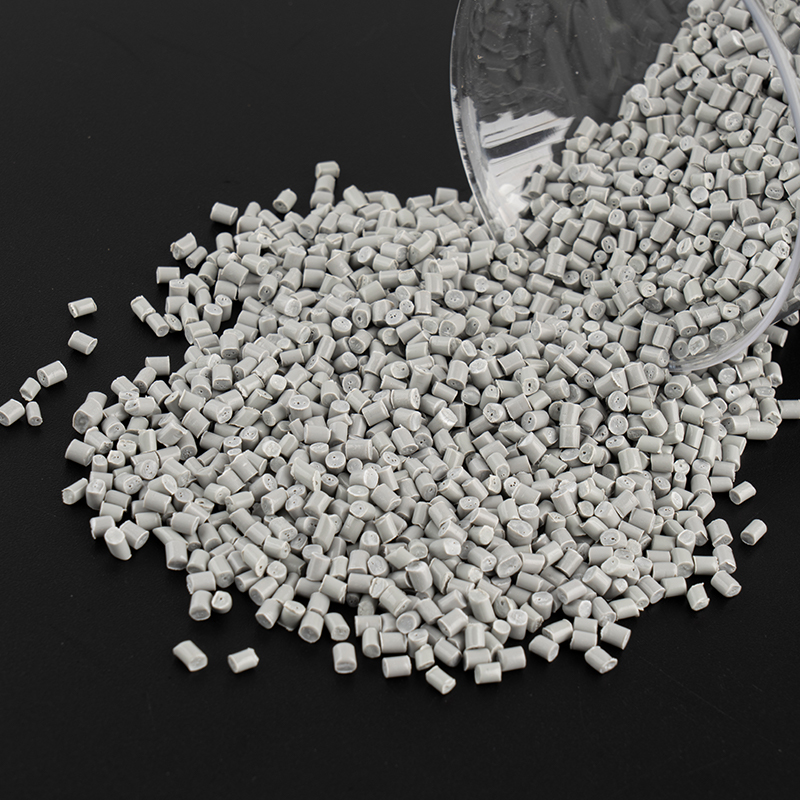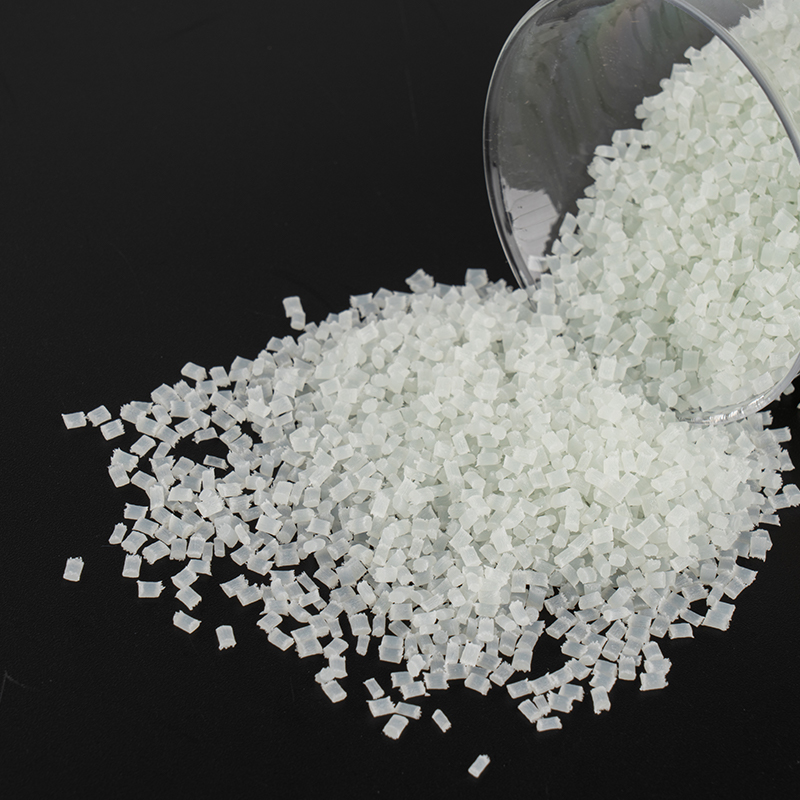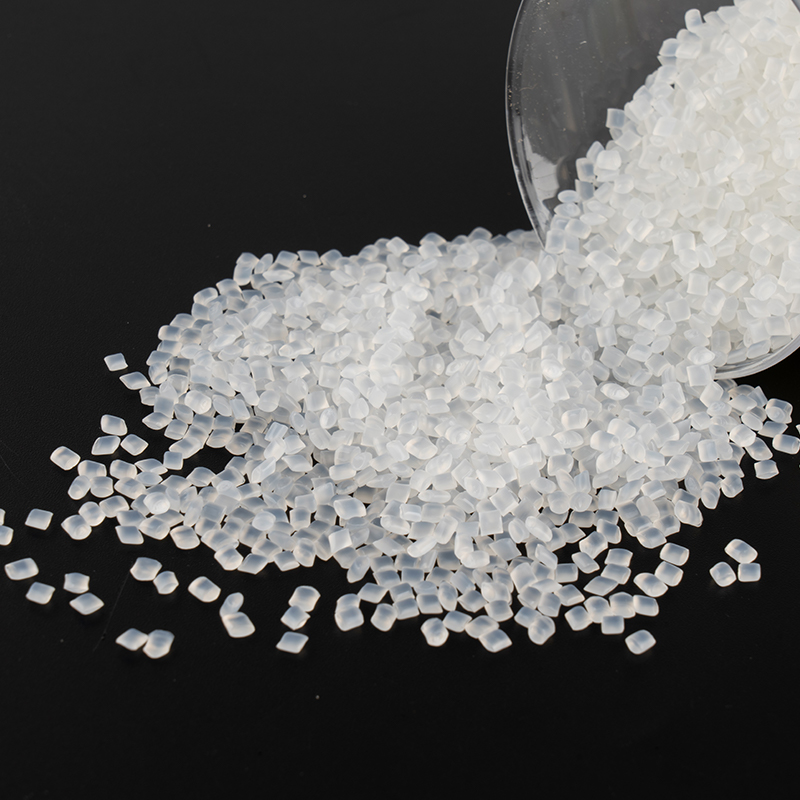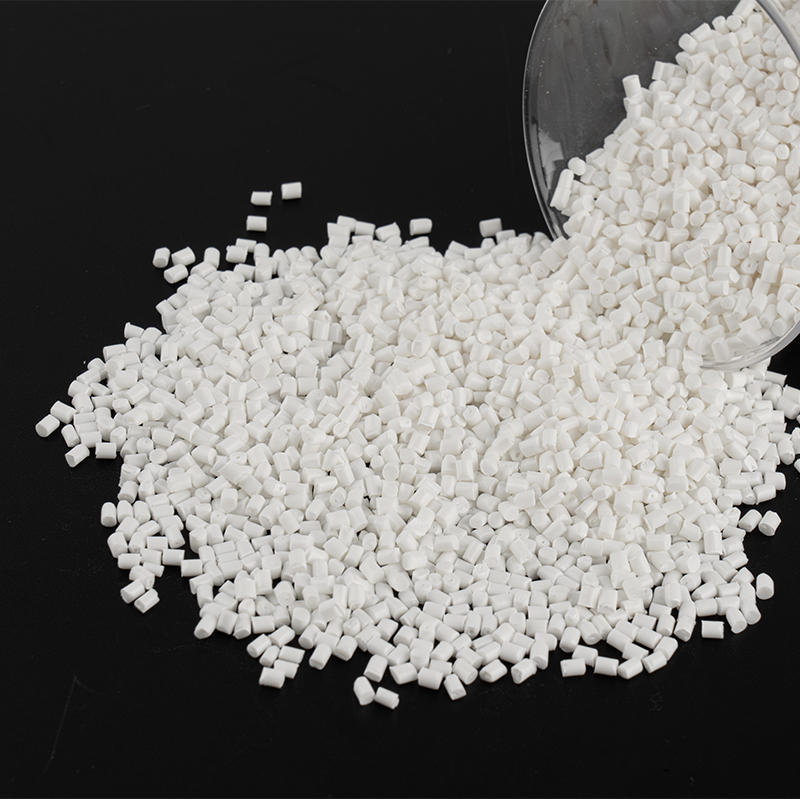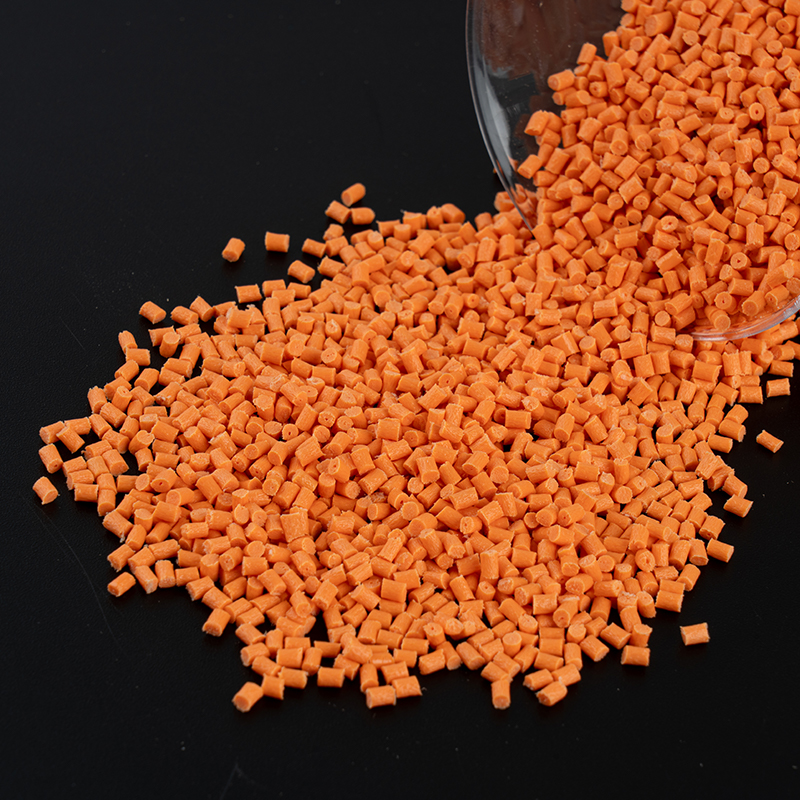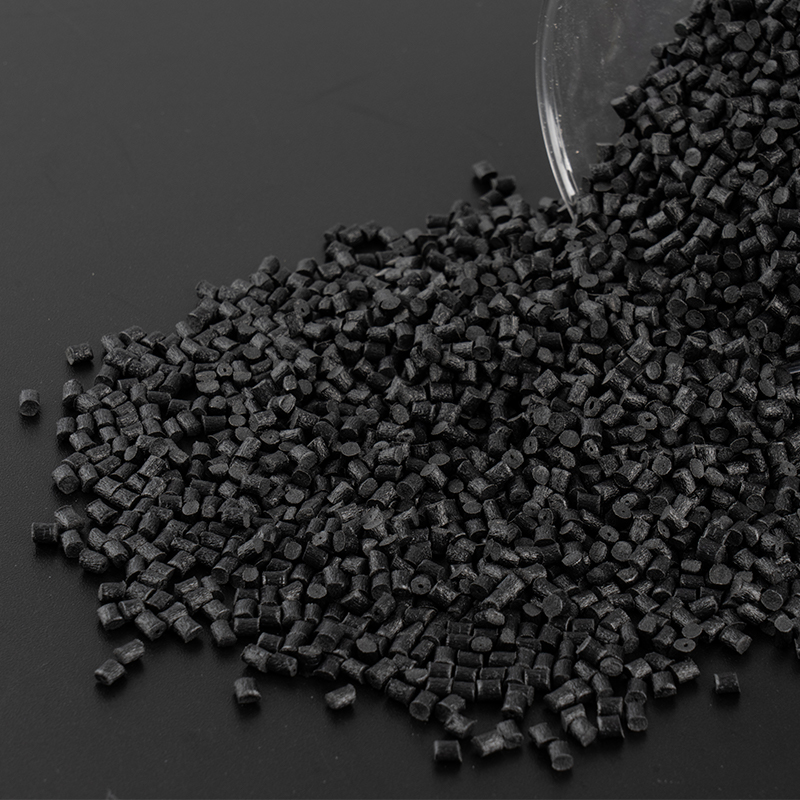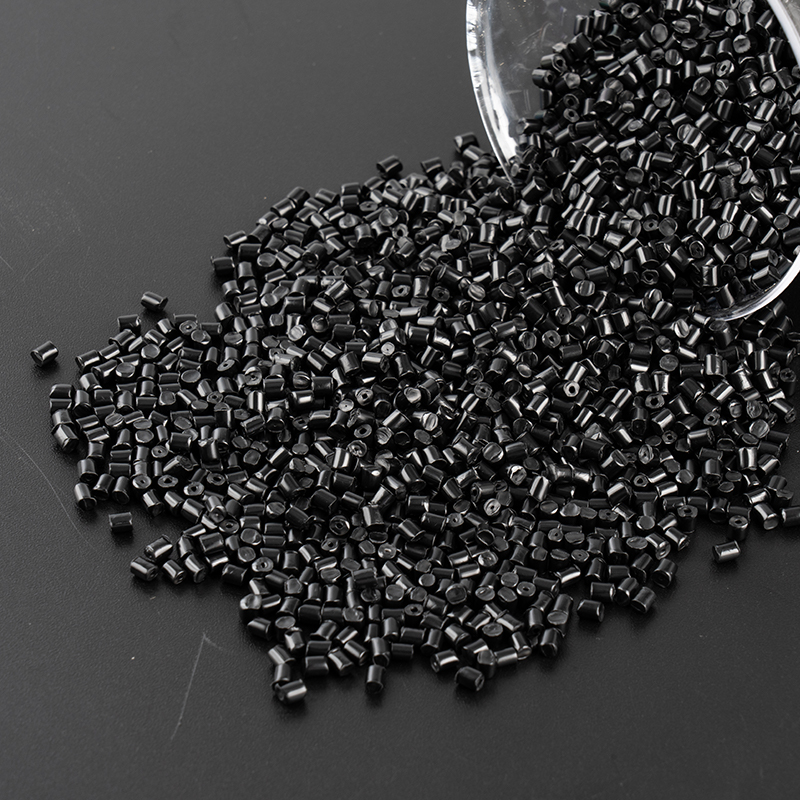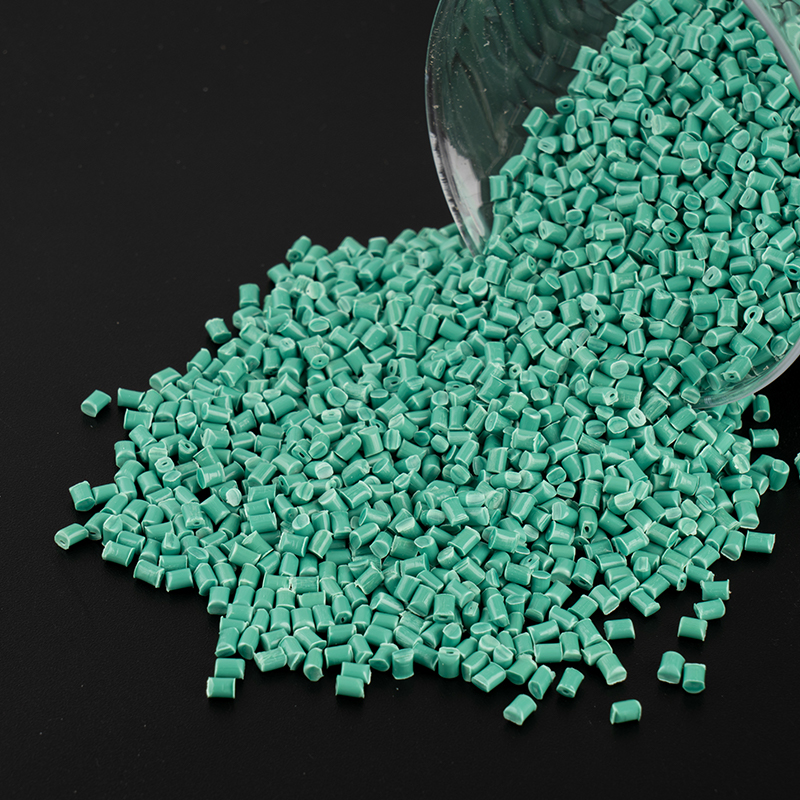Reinforced PP modified engineering plastics perform well in high-strength applications, mainly due to their excellent performance and adaptability. First of all, the mechanical properties of reinforced PP (polypropylene) modified engineering plastics have been significantly improved by adding various reinforcing materials, such as glass fiber, carbon fiber, etc. These reinforcing materials can effectively improve the tensile strength and rigidity of the material, so that it can withstand greater external pressure and mechanical load. For example, in the fields of automobile manufacturing, construction and mechanical equipment, products usually need to withstand large impacts or tensile forces. Reinforced PP modified engineering plastics can effectively resist these forces and ensure the safety and stability of the components.
In addition to enhanced mechanical properties, reinforced PP modified engineering plastics also have excellent heat resistance. In high-strength applications, materials are often required to work in high-temperature environments. Reinforced PP modified engineering plastics have improved their thermal stability through modification technology. This means that even at high temperatures, the strength and shape of the material can remain unchanged, avoiding problems such as deformation, softening or cracking. This feature enables reinforced PP modified engineering plastics to maintain excellent performance in some high-temperature environments, and is widely used in automotive engine parts, industrial equipment, electronic products and other fields that require high temperature resistance.
Reinforced PP modified engineering plastics also have excellent corrosion resistance. The working environment of many high-intensity applications may contain chemicals such as acids, alkalis, salts, solvents, etc., which often accelerate the aging or corrosion of materials. Reinforced PP modified engineering plastics are very resistant to chemicals and can be used for a long time in corrosive environments without performance degradation or damage. This makes it an ideal material choice for industries such as petrochemicals, construction, and marine engineering, and can maintain stable performance in harsh environments.
Reinforced PP modified engineering plastics also have good impact resistance. In high-intensity applications, materials need to be able to withstand impact or rapid external forces without brittle cracking or breaking. Reinforced PP modified engineering plastics use modification technology to enable them to effectively absorb external energy when impacted and quickly restore their original form to avoid damage to the material due to brittle fracture. This feature makes reinforced PP modified engineering plastics particularly outstanding in some applications that require high impact resistance, such as car bumpers, building brackets, mechanical parts, etc.
Among the many advantages, the lightweight characteristics of reinforced PP modified engineering plastics are also one of the important reasons for their outstanding performance in high-strength applications. Compared with traditional metal materials, reinforced PP modified engineering plastics are lighter in weight, but their strength and rigidity can meet the requirements of high-strength applications. This makes reinforced PP modified engineering plastics particularly outstanding in fields such as aerospace, automobiles, and transportation where weight reduction is required. By using this material, the overall weight of the product can be effectively reduced, thereby improving energy efficiency, reducing energy consumption, and reducing transportation costs.
Reinforced PP modified engineering plastics have good processability and can be easily processed into various complex shapes of parts through common plastic molding processes such as injection molding and extrusion. During the molding process, the strength and dimensional stability of the material can remain unchanged, ensuring efficient production and high-quality finished products. Compared with traditional materials such as metals, the processing process of reinforced PP modified engineering plastics is more efficient and low-cost, which can meet the needs of large-scale production.






